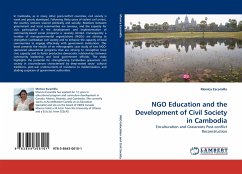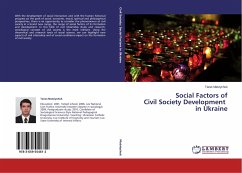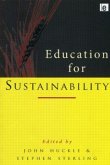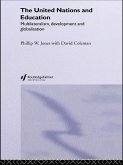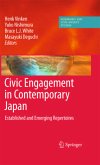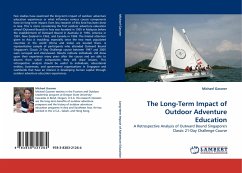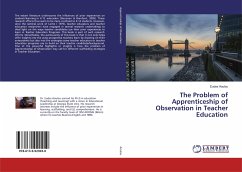In Cambodia, as in many other post-conflict countries, civil society is weak and poorly developed. Following thirty years of violent civil unrest, the country remains scarred politically and socially. Relations between government and local communities are tenuous, and the capacity for civic participation in the development and implementation of community-based social programs is severely limited. Consequently a number of non-governmental organizations (NGOs) are striving to strengthen Cambodian civil society and to enhance the capacity of local communities to engage effectively with government institutions. This book presents the results of an ethnographic case study of two NGO- sponsored educational programs that are striving to strengthen local civic capacity and to foster productive democratic relationships between community leadership and local government officials. The study highlights the potential for strengthening Cambodian grassroots civil society in circumstances characterized by deep-seated socio- cultural traditions, post-war undercurrents of resistance to modernization, and abiding suspicion of government authorities.
Bitte wählen Sie Ihr Anliegen aus.
Rechnungen
Retourenschein anfordern
Bestellstatus
Storno

